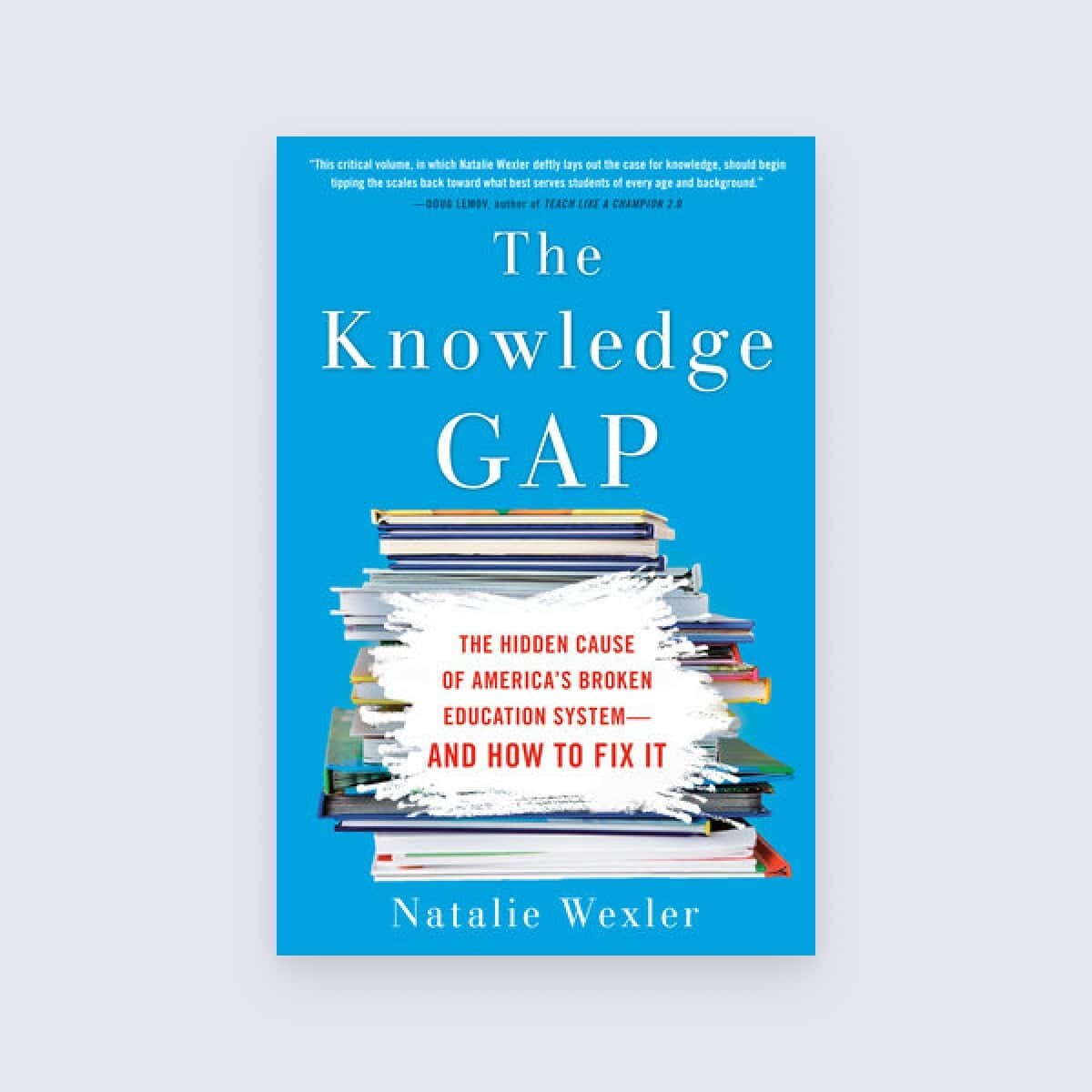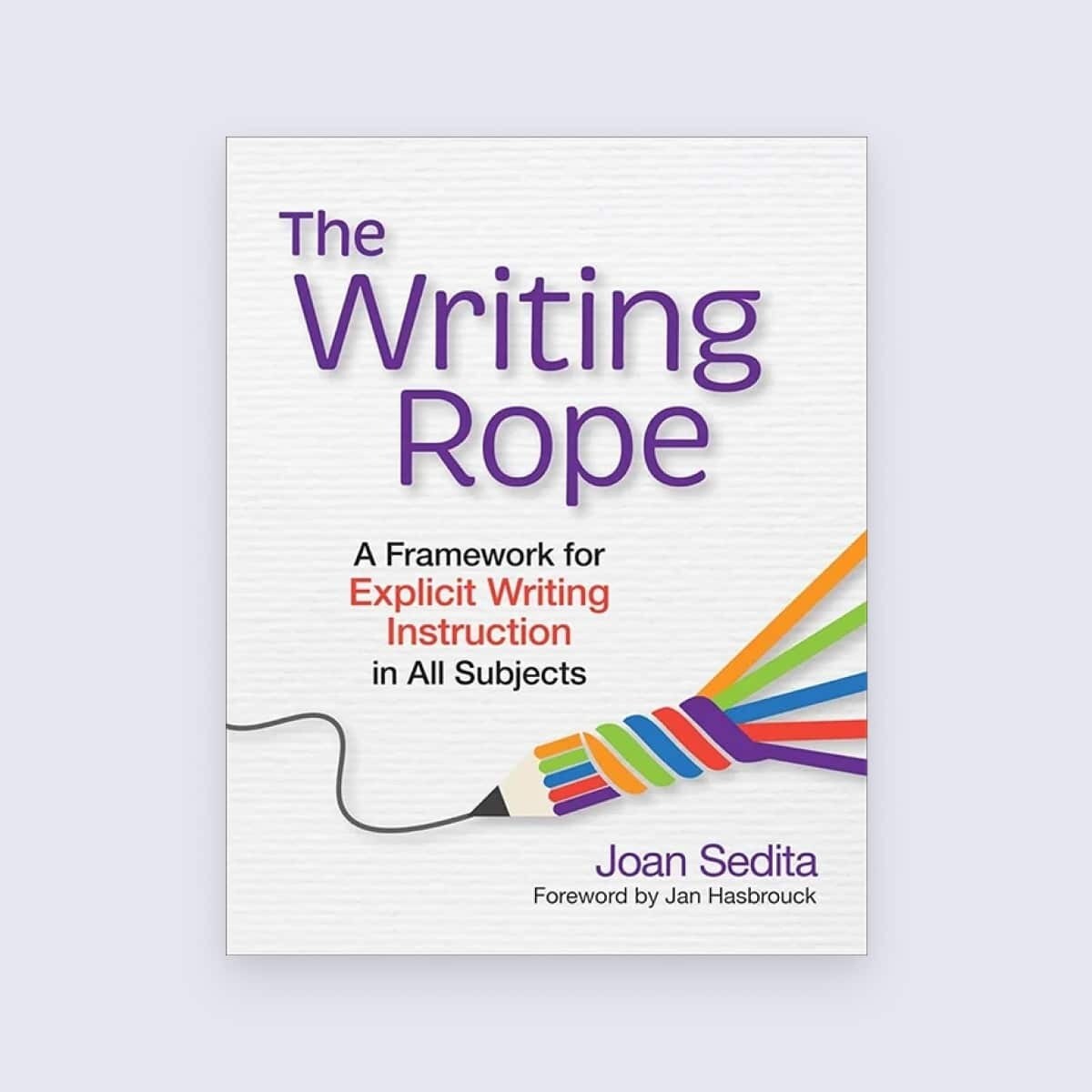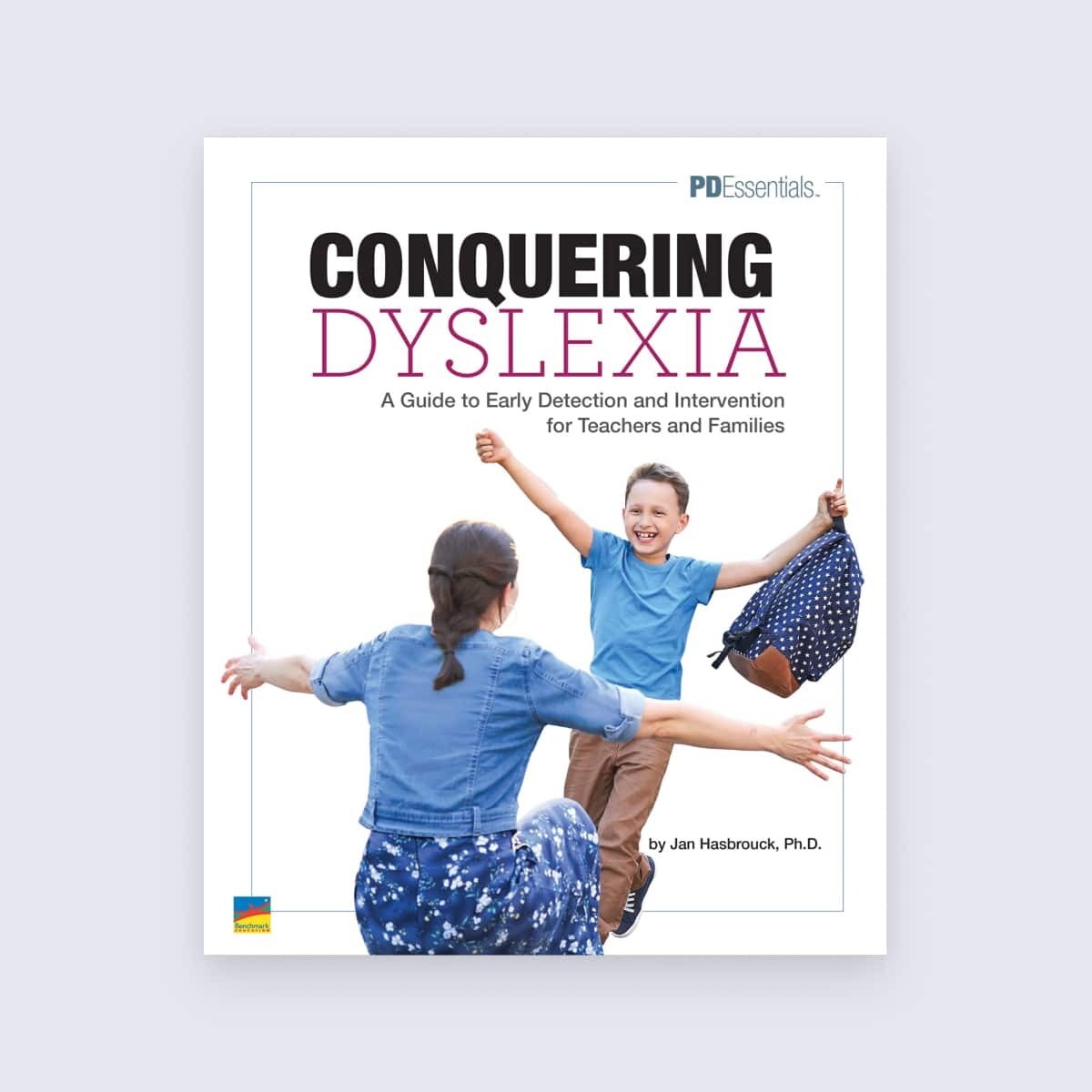
Nurturing Critical Literacy Practices in the Classroom
Science-Aligned Reading & Writing Instructional Practices


About
The 2024-2025 CESA 6 Literacy Workshop Series will answer three important questions about science-aligned instruction:
- How do we support comprehension and knowledge-building through writing and discussion?
- What should effective writing instruction include to support both reading and writing?
- What instructional processes are effective in building a reading brain?
Join us to learn key aspects of science-aligned instruction from our national experts and dive deeper into the content in afternoon break-out sessions at the elementary and secondary levels.
2024-2025 Workshops


Comprehension, Writing, and the Science of Reading
Featuring Natalie Wexler
OCT. 7, 2024 I 8:30 AM - 2:45 PM
CESA 6 - 2300 State Rd 44, Oshkosh
We hear a lot about the Science of Reading related to problems with phonics instruction. Science also tells us that if we want children to become literate, we need to change our approaches to comprehension and writing as well. Instead of test prep and drills on skills, schools can engage kids in deep dives into topics and have them write about what they’re learning, building the knowledge and analytical abilities that fuel comprehension. An increasing number of schools are doing just that, with promising results.
Morning Objectives:
- Explore alternate approaches to comprehension and writing
- Identify comprehension gaps
- Learn to embed writing activities in the content of the core curriculum
The Writing Rope Model and Effective Writing Instruction
Featuring Joan Sedita
JAN. 30, 2025 I 8:30 AM - 2:45 PM
Oshkosh Convention Center* - 2 N Main St, Oshkosh
*Registrants may sign up to participate virtually for only Joan Sedita's keynote session (no book).
Many educators do not recognize that effective writing instruction must address multiple components, represented as strands in a rope in this model, The Writing Rope. An explanation with references to research findings will be provided for each of the five fundamentals of a comprehensive writing curriculum:
- Critical Thinking
- Syntax
- Text Structure
- Writing Craft
- Transcription
Morning Objectives:
- Explore the multiple components of effective writing instruction
- Understand the research behind the five fundamental components
- Discover strategies to help students learn to write and write to learn
Understanding, Assessing, and Teaching Students with Dyslexia
Featuring Jan Hasbrouck, Ph.D.
APR. 30, 2025 I 8:30 AM - 2:45 PM
Oshkosh Convention Center - 2 N Main St, Oshkosh
Dyslexia is a disorder with well-documented emotional, behavioral, and social impacts along with academic challenges.
Understanding of dyslexia has deepened due in part to studies of complex brain functions involved in reading and writing. Research has focused on both the neurobiological factors as well as the instructional processes proven effective in building a reading brain. A number of myths and misunderstandings continue to persist regarding dyslexia which must be addressed and dispelled.
Morning Objectives:
- Explore current research on dyslexia
- Learn instructional and intervention strategies that can be effective with students with dyslexia to reach or get close to grade-level reading and writing expectations
Afternoon Breakouts:
Led by CESA 6 Literacy experts, afternoon breakouts will allow participants the opportunity to choose between elementary and secondary-focused sessions that expand and dive deeper into the morning's topics.
Participants will leave each day with actionable next steps and tools that can be implemented in the classroom right away.
Speakers

An education writer and the author of The Knowledge Gap: The Hidden Cause of America’s Broken Education System—and How to Fix It (Avery 2019).
She is also the co-author, with Judith C. Hochman and Kathleen Maloney, of The Writing Revolution 2.0: A Guide to Advancing Thinking Through Writing in All Subjects and Grades (Jossey-Bass 2024), and the host of “Reading Comprehension Revisited,” a six-episode series for the Knowledge Matters Podcast. Natalie’s articles and essays have appeared in The New York Times, The Washington Post, The Atlantic, The American Scholar, and other publications.

Founder of Keys to Literacy, a literacy professional development organization she works across the United States. Joan has been in the literacy field for over 40 years as a teacher, administrator, and teacher trainer. She is the creator of The Writing Rope: A Framework for Explicit Writing Instruction in All Subjects and has authored multiple literacy professional development programs, including The Key Comprehension Routine, The Key Vocabulary Routine, Keys to Beginning Reading, Keys to Content Writing, Keys to Early Writing, and Understanding Dyslexia. Joan worked for 23 years at the Landmark School, a pioneer in the development of literacy intervention programs. Joan was one of the three lead trainers in MA for the Reading First Program and was a LETRS author and trainer.

A researcher, educational consultant, and author. She was a reading specialist and literacy coach for 15 years before teaching at the University of Oregon and later becoming a professor at Texas A&M University. She served as Executive Consultant to the Washington State Reading Initiative and as an advisor to the Texas Reading Initiative. Dr. Hasbrouck has provided educational consulting to schools across the United States as well as abroad. She is the author and coauthor/coeditor of several books, including Conquering Dyslexia: A Guide to Early Detection and Intervention for Teachers and Families | Parent Resource Book | Instructional Approach for Children with Dyslexia.
Included Text

The Knowledge Gap: The Hidden Cause of America’s Broken Education System—and How to Fix It

The Writing Rope: A Framework for Explicit Writing Instruction in All Subjects

Conquering Dyslexia: A Guide to Early Detection and Intervention for Teachers and Families
Attend One or All Three!
Join us to grow your knowledge and learn how and why to implement science-aligned reading & writing instruction in your classrooms. You will receive the text for each workshop you attend.
1 Workshop
$300/person
- Knowledge from engaging national experts in the science-aligned literacy field
- Actionable tools, routines, and next steps to use in the classroom right away
- Afternoon break-out sessions at both, the elementary and secondary levels
2 Workshops
$590/person
- Knowledge from engaging national experts in the science-aligned literacy field
- Actionable tools, routines, and next steps to use in the classroom right away
- Afternoon break-out sessions at both, the elementary and secondary levels
3 Workshops
$885/person
- Knowledge from engaging national experts in the science-aligned literacy field
- Actionable tools, routines, and next steps to use in the classroom right away
- Afternoon break-out sessions at both, the elementary and secondary levels












